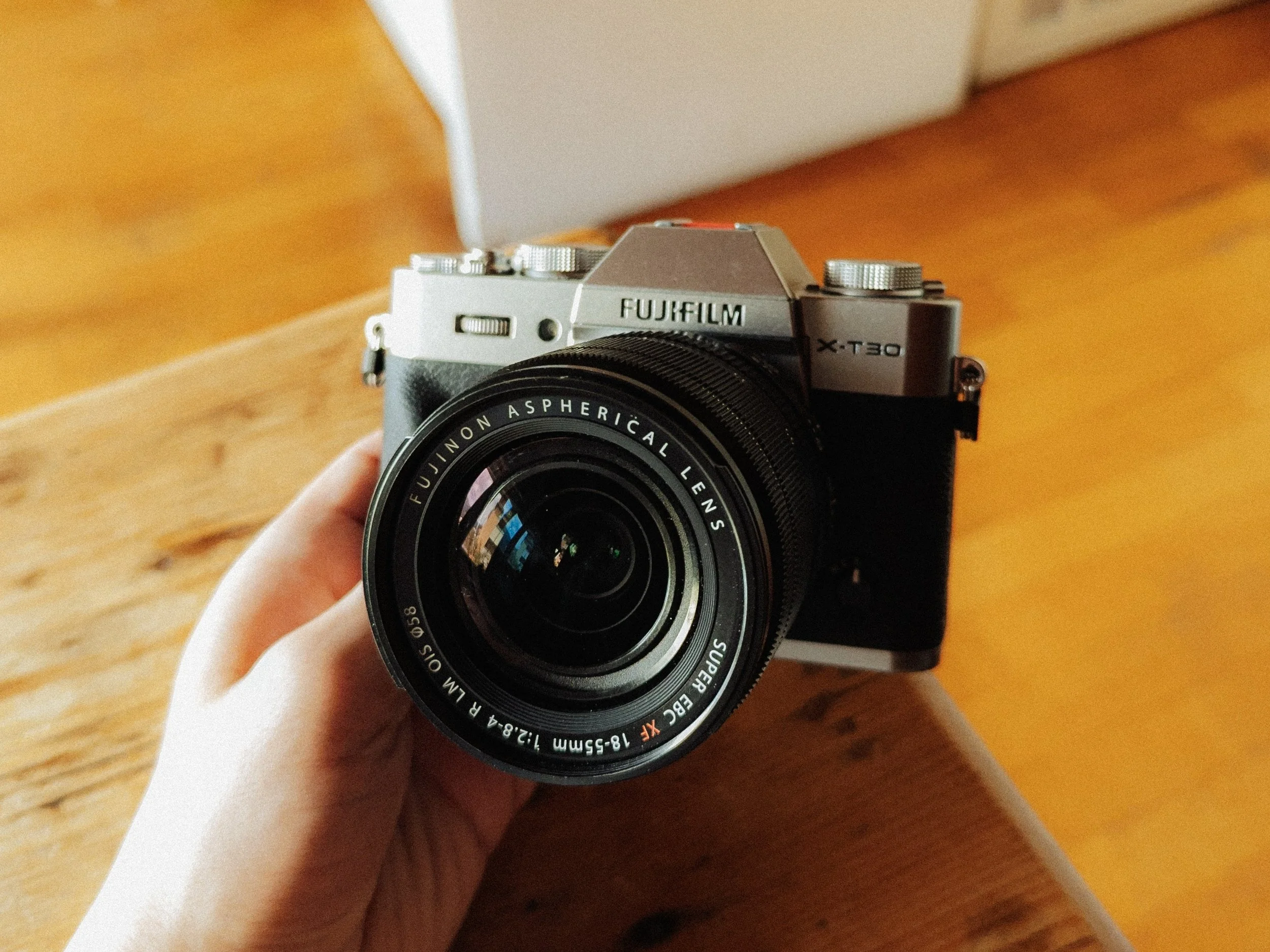Why You Need a Dedicated Camera (Not Just Your Phone)
I love mobile photography. I’ve been shooting on my phone since the iPhone 5S, and the quality we get now is incredible. But lately I’ve realized something: maybe having a separate camera isn’t just about image quality — it’s about how we create.
Too often I catch myself reaching for my phone to take a photo, only to end up scrolling through TikTok thirty minutes later, completely forgetting what I was about to shoot. And I’m sure I’m not the only one.
It’s not about how good smartphone cameras have become — they’re amazing, especially for video or when you can’t carry a camera. But for me, using my phone just feels less creative. When I grab my camera, I know I’m here to make something. When I grab my phone… who knows? That’s why I like devices like the DJI Pocket 3 or other compact cameras — not necessarily for the quality, but for the mindset they create.
My phone feels a bit like a work laptop I don’t want to touch in my free time — only in this case, “work” means consuming content, and “free time” means shooting photos. It probably has to do with how we scroll through endless feeds every day. Sometimes I just want to shut all that off, pick up my camera, and physically draw a line between distraction and my hobby. The same goes for things like journaling on paper versus typing, or watching a film on a TV instead of a laptop. It’s about focus.
For the last decade, we’ve been told how great it is to have everything in one small device. Why own a player, a TV, and a camera when your phone can do it all? And now there are superapps that let you order food, book a taxi, and see a doctor in one place. Maybe it’s just me, but I don’t like that direction. I want to slow down and make conscious decisions again.
And then there are notifications. Maybe you don’t have the same kind of anxiety about missing messages, but for me, nothing kills a creative moment faster than a “water bill due” notification popping up right as I frame a shot. Even if I ignore it, the thought lingers. It pulls me out of the moment.
Photography, like any creative work, needs focus. If you’re checking your screen after every shot, you lose your rhythm — and sometimes the shot itself. In street photography, a single glance at your messages can mean missing the perfect moment. You can’t recreate that.
And honestly, smartphones just aren’t special anymore. When they first started getting good cameras, it was exciting — a new challenge. Limited lenses, weak stabilization, low resolution — getting a good shot actually meant trying. Now it’s almost too easy. Smartphones have become professional tools, and that’s great, but it also means the novelty is gone. No one’s surprised anymore when a photo was #shotoniphone.
That’s not a complaint, just a shift. For me, photography has always been about the process — the fun, the small failures, the effort it takes to get something right. Like winning a tough game after a few losses, it’s more rewarding than playing on easy mode. And today, shooting with a phone often feels like the latter.
Of course, I’ll still use my phone when I need to — for quick moments, walks with my dog, or unexpected light. But when I have a choice, I’ll pick up my camera.

